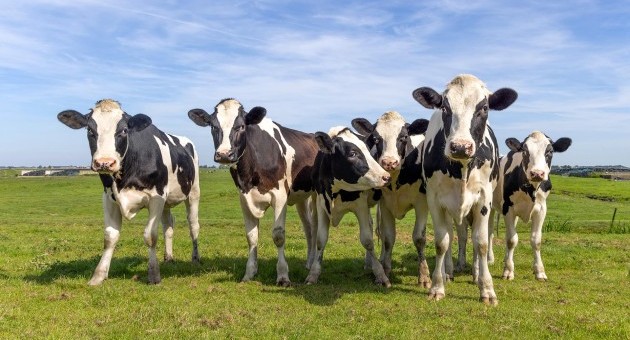Virginia’s governor approved SB 260, a bill that requires registration of rescue organizations and foster homes in the state. The bill, which sets annual fees and report requirements for rescues and their foster homes, goes into effect on July 1, 2012.
The new law amends the state’s animal welfare statute. It defines a “companion animal rescue agency” as
“any person or organization that accepts more than six companion animals, or three companion animals and three unweaned litters of companion animals during a calendar year for the purpose of providing sanctuary or finding permanent adoptive homes for companion animals and that does not maintain an animal shelter for keeping animals, but rather houses the animals in a residential dwelling or uses a system of housing animals in foster homes or boarding establishments.”
Those rescue groups that do operate their own kennels do not escape oversight; the bill amends the definition of animal shelter to include any other organization “operating for the purpose of providing animals with sanctuary or for finding permanent adoptive homes for animals.”
The suggested fee is $100 per organization and $50 per foster home. The economic impact statement accompanying the bill estimates that 300 rescue groups and 1150 foster homes will register to provide just enough money to hire an administrator for the program.
-
Rescue agencies must agree to
-
abide by the state’s animal welfare laws,
-
keep detailed records on animals for five years,
-
publish their addresses and telephone numbers in a telephone directory,
-
be accessible to the public at ‘reasonable hours,’
-
ensure that their foster homes also obey state animal welfare laws,
-
remove animals from foster homes that do not comply with state animal welfare laws and report those foster homes to the authorities,
-
report a description of any animal not acquired from the owner or a legal releasing agency to the local pound within 24 hours of receiving the animal,
-
provide and update name, location, and contact information to local animal shelters,
-
send semiannual ‘assessment reports’ to the state agriculture department, and
-
send annual reports of the number of animals handled, the names of new owners, etc. to the state veterinarian and make these records available to local authorities and the public.
While rescue groups can get a license by affirming that they are in compliance with state laws, they are also subject to unannounced inspections by the state veterinarian.
Other provisions
The law also prohibits those who have been convicted of animal abuse, neglect, or abandonment from acquiring an animal from a pound, shelter, or rescue or from serving on a shelter or rescue board or as a foster home.
In addition, it sets standards for privately-operated shelters similar to the standards set for rescue groups and prohibits the operation of any shelter that violates local zoning ordinances.
 |
Like this article? Don’t forget to share, like or follow us |
 |
NAIA WEEKLY ROUNDUP
FEATURED & LATEST ARTICLES
GET THE NAIA WEEKLY ROUNDUP VIA EMAIL FOR FREE
Stay Connected with The NAIA: Sign Up for The Weekly Roundup
Join our FREE newsletter and community of animal advocates and receive The NAIA Weekly Roundup straight to your inbox. Stay in the loop with the latest news, events, and ways you can make a difference in the lives of animals. Sign up now to stay informed to create positive change!
Sign Up




 Bad Dog Stories, Goodbye Cephalopod, and More!
Bad Dog Stories, Goodbye Cephalopod, and More!
 A Conference Call for You, A Fallen Elephant, and More!
A Conference Call for You, A Fallen Elephant, and More!
 Exotic Pets, Animal Evacuation Protocols, and More!
Exotic Pets, Animal Evacuation Protocols, and More!
 Anti-Poaching Robots, Pet Shop Bans, and More!
Anti-Poaching Robots, Pet Shop Bans, and More!

